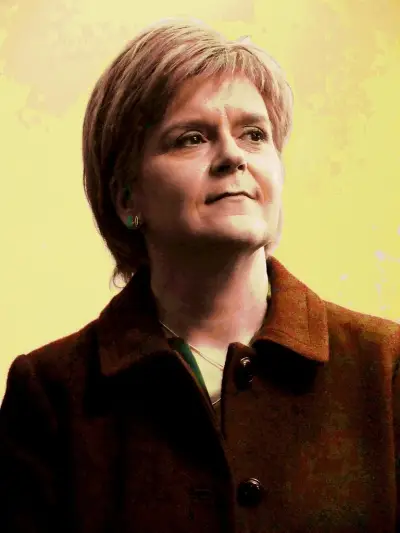The results of last night’s general election have caused shockwaves throughout the political world, with both pollsters and commentators yet again failing to accurately predict the outcome. The inability of any party to secure a majority has left the Conservatives scrambling to do a deal with the DUP in order to form a government, and significant doubt has now been cast on the timetable of the Brexit negotiations which are due to begin in just ten days’ time.
While undoubtedly the biggest headline is Theresa May’s failure to win a majority in an election which many commentators predicted she would win by over 100 seats, the outcome in Scotland was equally surprising and is likely to have significant implications for all of the main parties.
The SNP – the dominant force in Scottish politics for the last decade – were always unlikely to defend all 56 of the 59 Scottish seats they won in 2015, but almost no one predicted that they would lose as many of the 21 constituencies that fell throughout the night. The high-profile casualties include former First Minister Alex Salmond and current Deputy Leader Angus Robertson, with almost all the surviving MPs now claiming significantly reduced majorities.
Perhaps even more concerning for the First Minister than the number of seats lost is the decline in her party’s vote share, which fell from 50% two years ago to less than 37%. This is a significant blow for the SNP’s plans to hold a second referendum on independence, as the issue of a potential IndyRef2 dominated this year’s election campaign in Scotland.
Nicola Sturgeon and her colleagues insist that, despite her party’s decline, the SNP still ‘won the election in Scotland’, securing 35 seats, but the claims by opposition parties that Scotland has seen ‘peak Nat’ come and go are starting to gain credence.
Meanwhile, the Scottish Conservatives surpassed the predictions of even their most optimistic supporters by winning 13 seats – their best result in Scotland since 1983. Many attribute the Tories’ success in Scotland to their popular leader, Ruth Davidson. There have even been calls for her to succeed Ms May as UK leader following her incredible success in ‘de-toxifying’ the Conservatives in Scotland and leading their ongoing resurgence.
The Scottish Conservatives campaigned hard on a platform of opposing IndyRef2, with many leaflets barely mentioning the party and instead talking of ‘Ruth Davidson’s candidate’. Her personal popularity may even have saved Ms May’s premiership, with the seats won in Scotland now proving invaluable in the Tories’ ability to successfully form a government.
Scottish Labour also enjoyed a better night than many supporters forecast, winning seven seats and increasing their majority in their sole success in 2015, Edinburgh South, to over 15,000. They also secured unexpected victories in seats such as Glasgow North East and Rutherglen & Hamilton West, and pushed the SNP close in a number of other constituencies across the countries. Leader Kez Dugdale said she was ‘hugely encouraged’ by her party’s results, and she is now hoping that their relative success points to the start of a Scottish Labour renaissance after the party was all but written off by many observers.
The Scottish Liberal Democrats had a more mixed night, increasing their seats from one to four, but seeing their vote share drop slightly. With respected figures like Jo Swinson and Christine Jardine leading the charge, they will hope that the future is bright for a party which has struggled in Scotland since entering coalition government in 2010.
While all of the Scottish opposition parties can claim some degree of success, claims that the election result leaves the SNP’s plans for a second independence referendum ‘dead in the water’ means the First Minister faces a difficult decision on the future direction of her party. With the Deputy First Minister, John Swinney, conceding that his party have to ‘pay attention’ to the influence that IndyRef2 had on the result, the SNP undoubtedly face a period of re-evaluation.
The 2017 general election may not have led to a decisive result in terms of a UK government, but it may just have settled the issue of Scottish independence for the foreseeable future.




